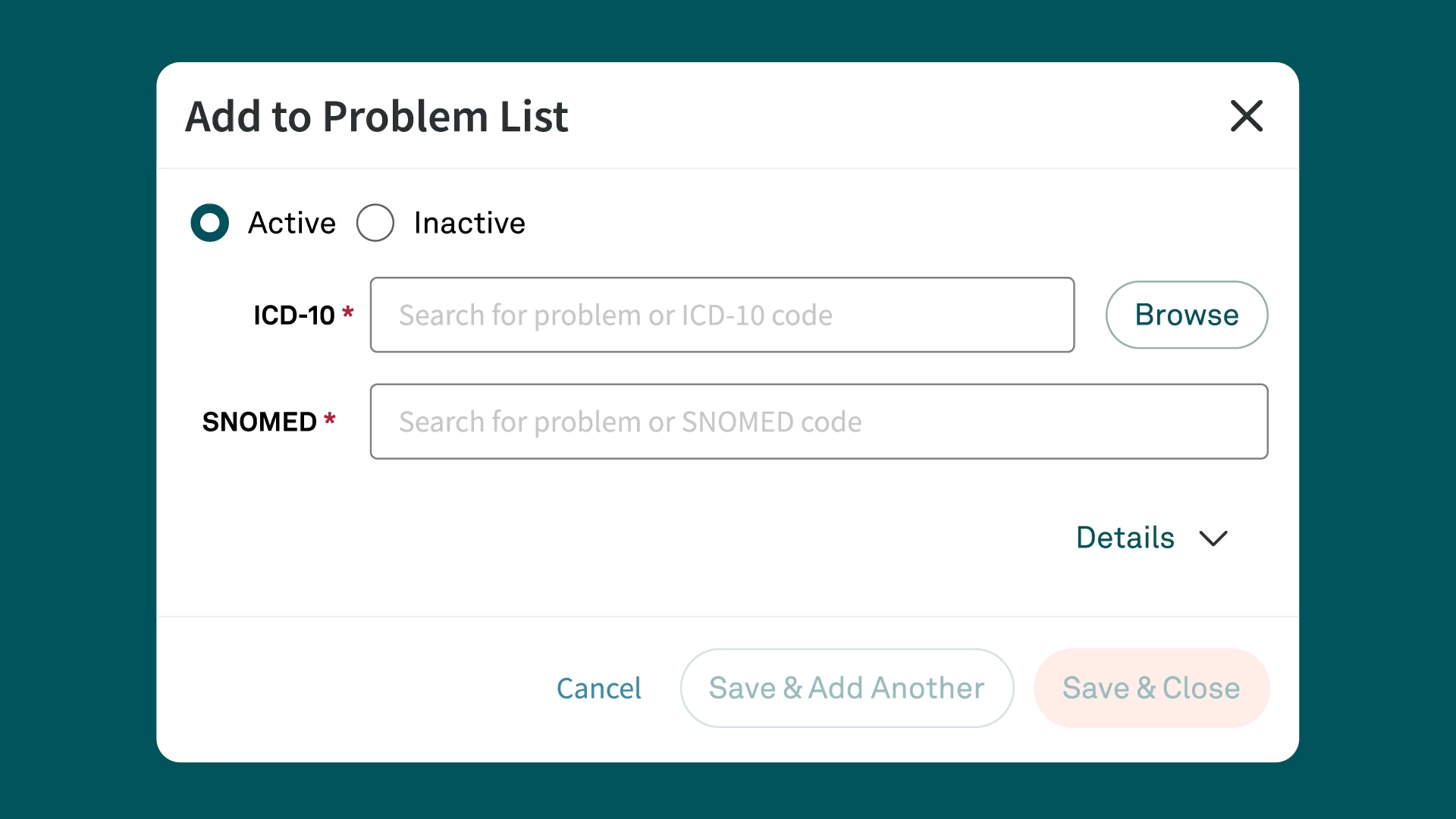ICD-10 Code F31.9
Bipolar disorder, unspecified
What is the code F31.9?
F31.9 is a billable/specific ICD-10-CM code used for "bipolar disorder, unspecified." It is part of the chapter on mental, behavioral, and neurodevelopmental disorders.
Detailed description of F31.9
F31.9 is a major affective disorder marked by severe mood swings (manic or major depressive episodes) and a tendency to remission and recurrence. This code is used when a patient exhibits signs of bipolar disorder, but the specific type has not been determined. Bipolar disorder involves periods of mood elevation (mania or hypomania) and depression. Still, in some cases, the full criteria for categorizing the patient’s behavior into one of the specific subtypes may not be met.
Symptoms commonly associated with F31.9
- Episodes of mood elevation, including increased energy, activity, and restlessness
- Periods of significant depression
- Impulsive behavior and poor decision-making
- Possible psychotic features during mood episodes
Related and similar ICD-10 codes
- F31.0: Bipolar disorder, current episode hypomanic
- F31.1: Bipolar disorder, current episode manic without psychotic features
- F31.2: Bipolar disorder, current episode manic severe with psychotic features
- F31.3: Bipolar disorder, current episode depressed, mild or moderate severity
- F31.4: Bipolar disorder, current episode depressed, severe, without psychotic features
- F31.5: Bipolar disorder, current episode depressive
- F31.6: Bipolar disorder, current episode mixed
- F31.7: Bipolar disorder, currently in remission
Appropriate usage of F31.9 for billing
F31.9 should be used for billing purposes when the patient's clinical presentation includes symptoms of bipolar disorder but does not specify a particular episode type, such as manic, hypomanic, or depressive.
Instructional guidelines for providers coding F31.9
When coding with F31.9, providers should document all observed symptoms and any treatment responses. Although detailed differentiation between episode types is not necessary for this code, it is crucial to confirm the bipolar disorder diagnosis based on the clinical assessment.
Common pitfalls in coding with F31.9
- Misusing F31.9 when more specific information about the bipolar episode is available.
- Inadequate documentation of the varied symptoms across different mood episodes which can lead to undercoding or miscoding.
Key resources for F31.9 coding
- CMS ICD-10 Homepage: Provides official resources and guidelines for ICD-10-CM coding.
- WHO ICD-10 Online Browser: Useful for checking the specifics of codes related to long-term medication use.
Conclusion
F31.9 is essential for capturing cases of bipolar disorder where specific episode types are not delineated. It ensures that patients receive appropriate care and management without the need for detailed episode classification. Accurate coding supports effective patient management and appropriate billing practices.
Simplify ICD-10 code documentation with Tebra
Tebra’s EHR+ gives you quick searches and Systematized Nomenclature of Medicine (SNOMED) field names for efficient code documentation. Plus, Tebra automatically saves ICD-10 to SNOMED mapping for future searches, streamlining your workflow.

Discover how Tebra helps providers effortlessly document health-related issues and conditions in this detailed post.
Download your free resource now
Access it instantly — just complete the form

Similar Codes
Stay Ahead with Expert Healthcare & Billing Insights
Get the latest industry updates, financial tips, and expert strategies — delivered straight to your inbox.

